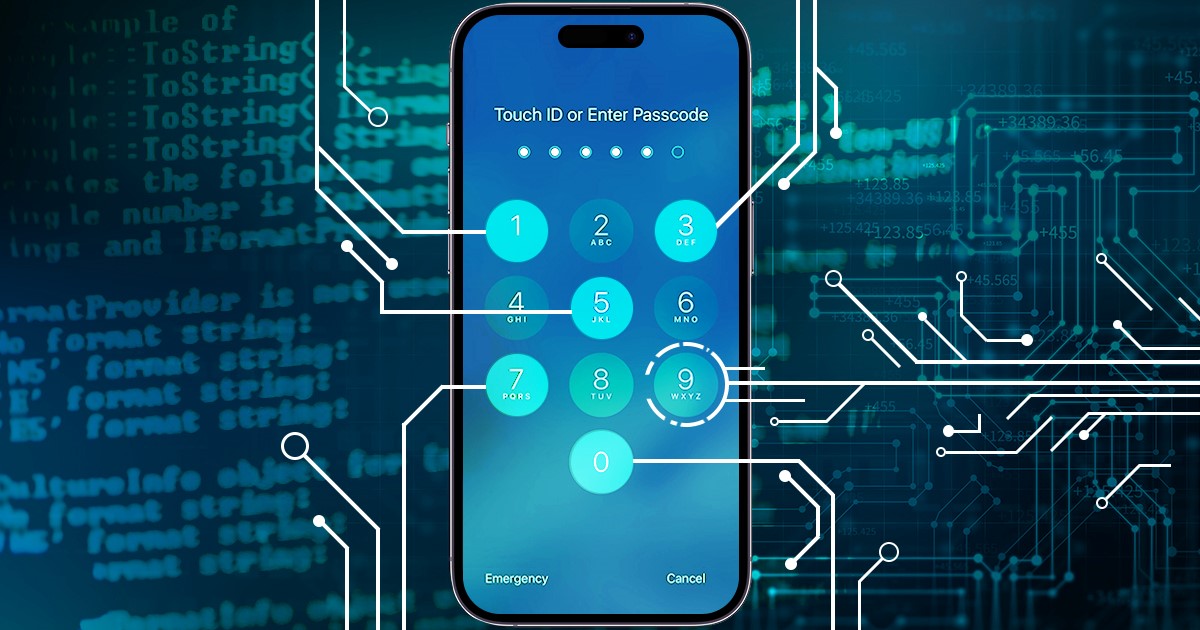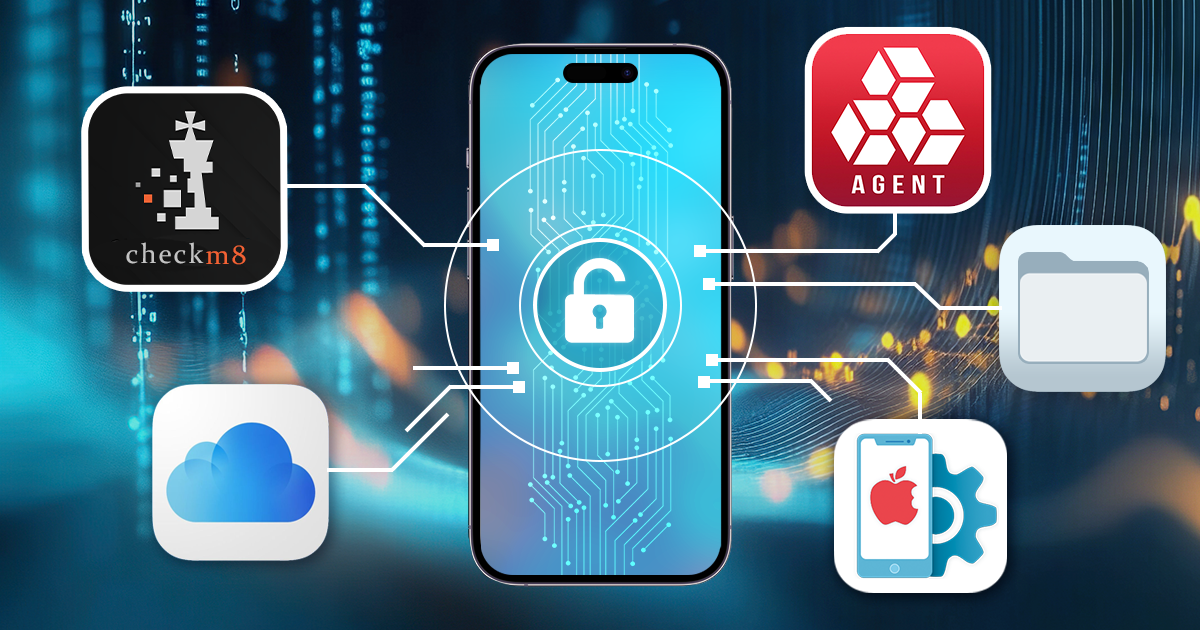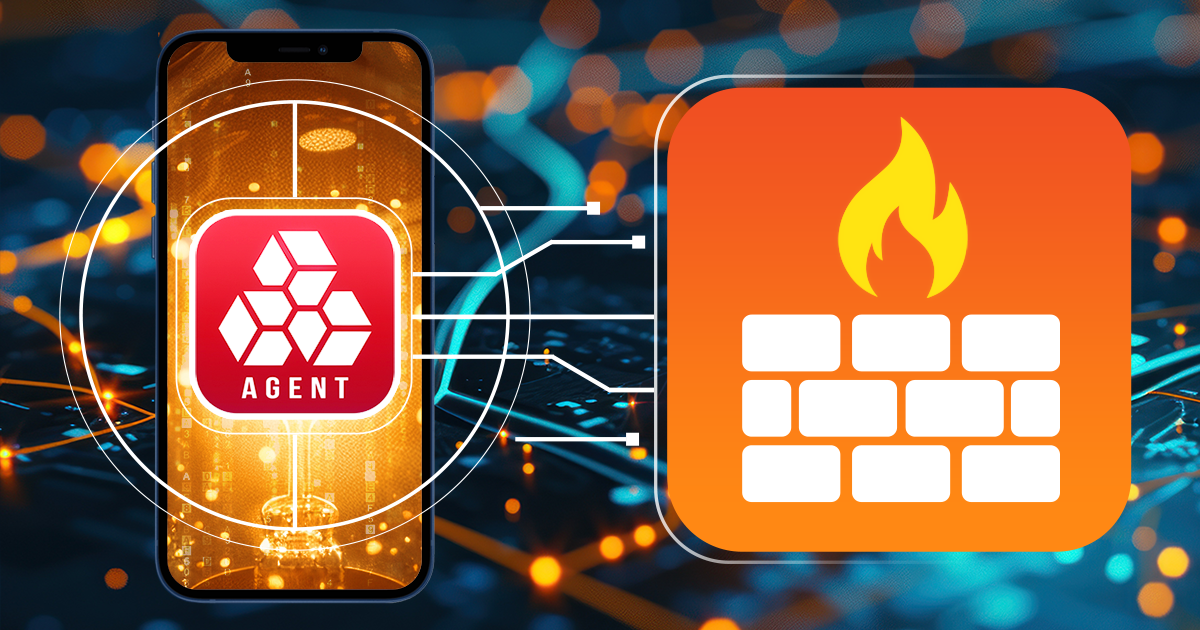Everyone’s iPhones contain overwhelming amounts of highly sensitive personal information. Even if some of that data is not stored on the device, the iPhone itself or the data inside can work as a key to other many things from bank accounts to private family life. While there are many possible vectors of attack, the attacker will always try exploiting the weakest link. Learn to think like one, find the weakest link and eliminate the potential vulnerabilities before they are exploited. This guide comes from the forensic guys making tools for the law enforcement, helping the good guys break into the bad guys’ iPhones.
How many times have you seen the phrase: “Your password is securely encrypted”? More often than not, taking it at face value has little sense. Encryption means the data (such as the password) can be decrypted if you have the right key. Most passwords, however, cannot be decrypted since they weren’t encrypted in the first place. Instead, one might be able to recover them by running a lengthy attack. Let’s talk about the differences between encryption and hashing and discuss why some passwords are so much tougher to break.
LUKS encryption is widely used in various Linux distributions to protect disks and create encrypted containers. Being a platform-independent, open-source specification, LUKS can be viewed as an exemplary implementation of disk encryption. Offering the choice of multiple encryption algorithms, several modes of encryption and several hash functions to choose from, LUKS is one of the tougher disk encryption systems to break. Learn how to deal with LUKS encryption in Windows and how to break in with distributed password attacks.
Tor Browser is a well-known tool for browsing the Web while renaming anonymous, while Qihoo 360 Safe Browser is one of China’s most popular desktop Web browsers. According to some sources, it might be the second most-popular desktop Web browser in China. Like many other Chromium-based browsers, 360 Safe Browser offers the ability to save and securely store website passwords, but the implementation is unexpectedly different from most other browsers. An update to Elcomsoft Internet Password Breaker enables the extraction of Qihoo 360 Safe Browser and Tor Browser passwords. Does the “360 Safe” moniker stand the trial, and is Tor really anonymous? Read along to find out!
The keychain is one of the hallmarks of the Apple ecosystem. Containing a plethora of sensitive information, the keychain is one of the best guarded parts of the walled garden. At the same time, the keychain is relatively underexplored by the forensic community. The common knowledge has it that the keychain contains the users’ logins and passwords, and possibly some payment card information. The common knowledge is missing the point: the keychain contains literally thousands of records belonging to various apps and the system that are required to access lots of other sensitive information. Let’s talk about the keychain, its content and its protection, and the methods used to extract, decrypt and analyze the various bits and pieces.
EIFT, Elcomsoft iOS Forensic Toolkit, Elcomsoft Phone Breaker, Elcomsoft Phone Digger, Elcomsoft Phone Viewer, EPB, EPD, EPV, icloud keychain, iOS, keychain
There is no lack of tools claiming the ability to recover lost or deleted information from the iPhone. These tools’ claims range from “Recover data lost due to water damaged, broken, deletion, device loss, etc.” to the much more reserved “Selectively recovers iPhone data from internal memory, iCloud, and iTunes”. Do any of those tools actually work, and do they live up to the user’s expectations? The answer is complex, hence this article. Let us place the claims through our usual scrutiny.
Location data is one of the most sensitive pieces of personal information. In today’s world, aggregated location data is as sensitive and as valuable as the user’s passwords. Once this data is transmitted to the OS manufacturer’s cloud service or any of the third-party vendors, the user has the right to know exactly what information is collected; who, when, and how has access to it. In today’s article, we will talk about one of the iOS lesser known features called “Significant locations”.
Breaking passwords becomes more difficult with every other update of popular software. Microsoft routinely bumps the number of hash iterations to make Office document protection coherent with current hardware. Apple uses excessive protection of iTunes backups since iOS 10.1, making brute force attacks a thing of the past. VeraCrypt and BitLocker were secure from the get go. However, everything is not lost if you consider human nature.
QQ Browser is one of China’s most popular Web browsers. With some 10% of the Chinese market and the numerous Chinese users abroad, QQ Browser is used by the millions. Like many of its competitors, QQ Browser offers the ability to store website passwords. The passwords are securely encrypted, and can be only accessed once the user signs into their Windows account. Learn what you need to do to extract passwords from Tencent QQ Browser.
Since iOS 5, Apple allows users to back up their phones and tablets automatically into their iCloud account. Initially, iCloud backups were similar in content to local (iTunes) backups without the password. However, the introduction of iCloud sync has changed the rules of the game. With more types of data synchronized through iCloud as opposed to being backed up, the content of iCloud backups gets slimmed down as synchronized information is excluded from cloud backups (but still present in local backups).


